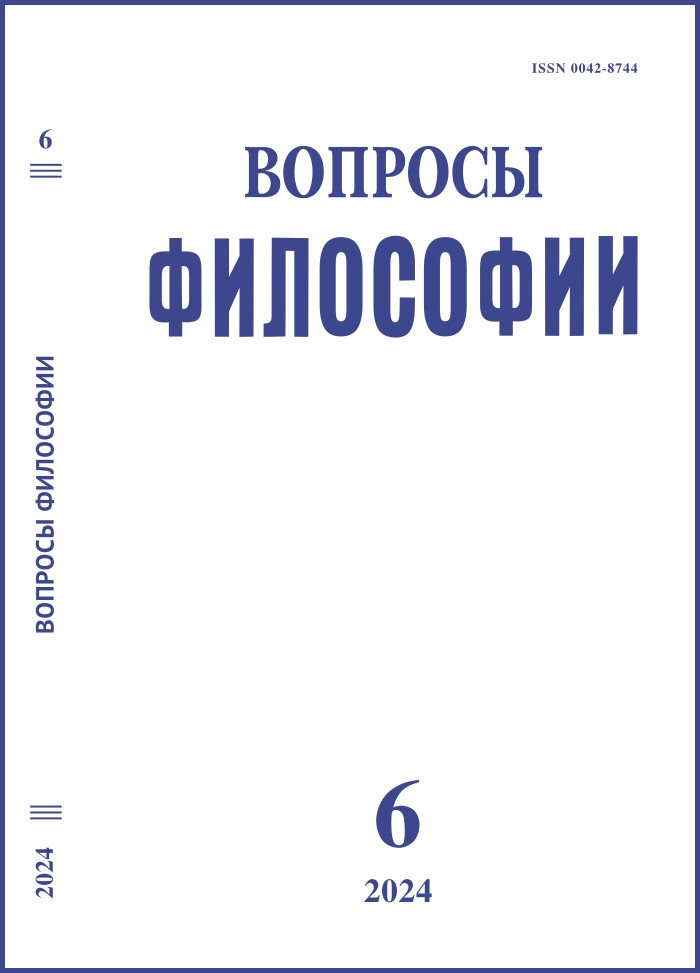The Neurological Interpretation of the Myth-ritual Complex: Pro et Contra
DOI:
https://doi.org/10.21146/0042-8744-2024-6-186-197Keywords:
Religion, Neurology, Neurotheology, Myth, Ritual, Cognitive Religious Studies, Supernatural Agents, Psychology of Religion, Religious Experience, EvolutionismAbstract
The article analyzes the heuristic potential of neurological research on religion as a mythological complex, and considers the concepts of two leading foreign neurotheologians: Andrew Newberg and Patrick McNamara. It has been established that, for Newberg, his ritual dimension plays a major role in explaining religion. This is primarily because ritual is related to physiology, and can be easily studied using modern neuropsychological techniques. Newberg then explains the myth, based on his knowledge of the role of ritual in human behavior, which is derived from philosophical reflection rather than empirical data. McNamara, on the other hand, offers a more balanced approach. He does not base his conclusions on individual data from laboratory experiments, but rather on religious studies conducted by anthropologists, phenomenologists, and historians of religion. These studies are then correlated with his own experiments on sleep, which helps him to develop a more comprehensive understanding of religion and its role in human society. It is concluded that, despite the closeness of ideological attitudes and the similarity of the object under study (human brain activity), neurotheology creates completely different theories for explaining religion. In Newberg’s system, rituals can be explained neuroscientifically (the origins of ritual behavior lie in animal behavior), whereas myths are completely conditioned by cultural and social change. In contrast, the explanation of myth offered by McNamara is based on empirical research (specifically sleep research) and a concept of decentralization (self-transformation). Rituals have no biological basis, but instead are part of the socialization process. This disagreement in viewpoints on system-forming religious phenomena shows that neurotheology is not easily considered a unified field of research

